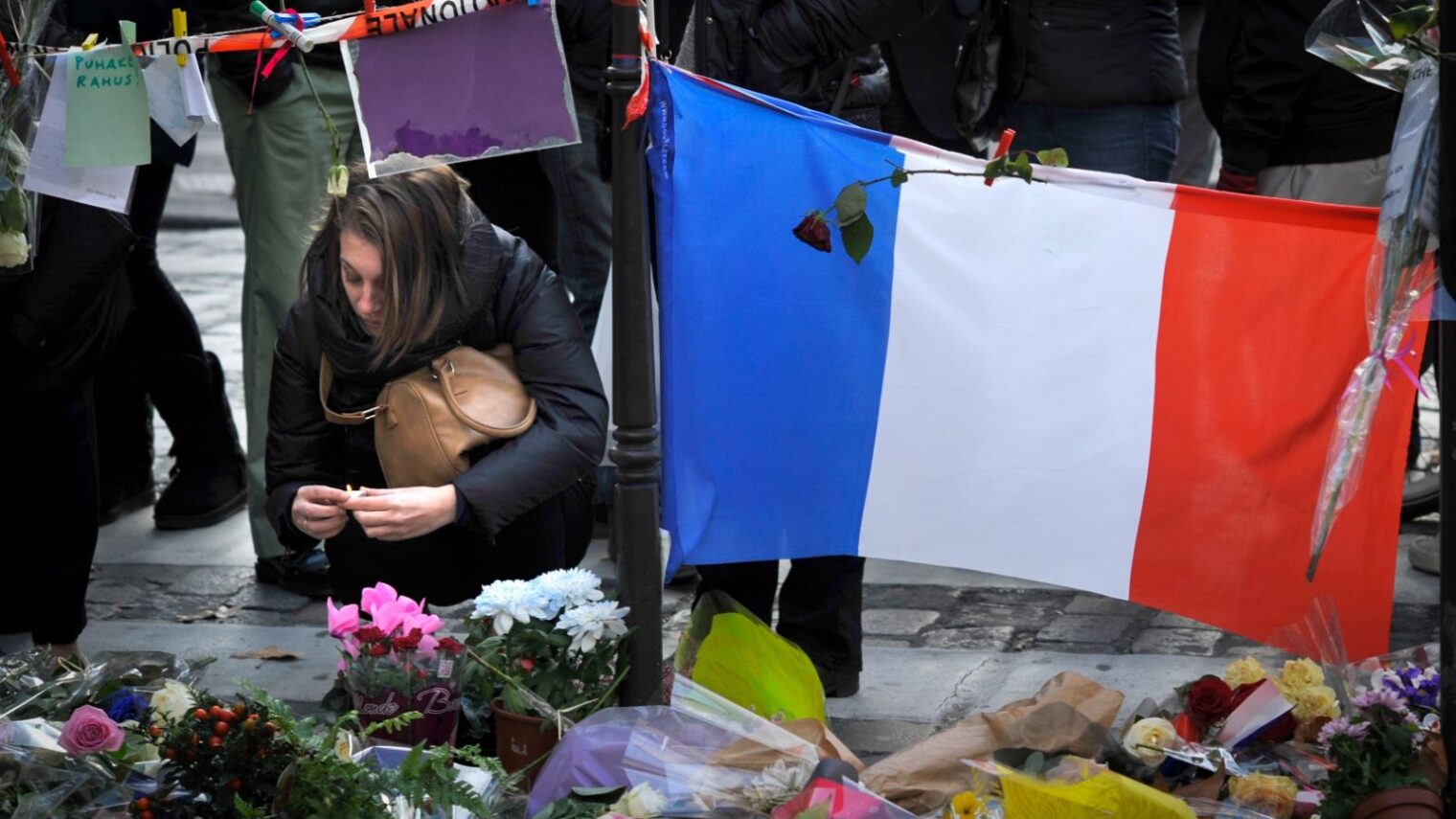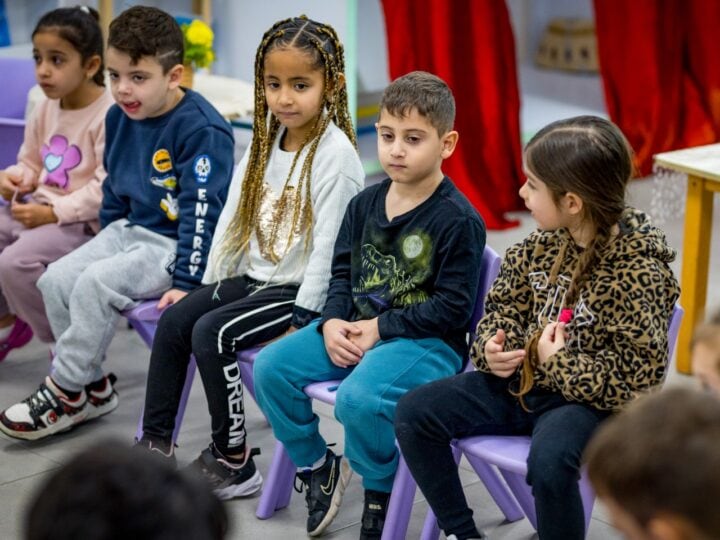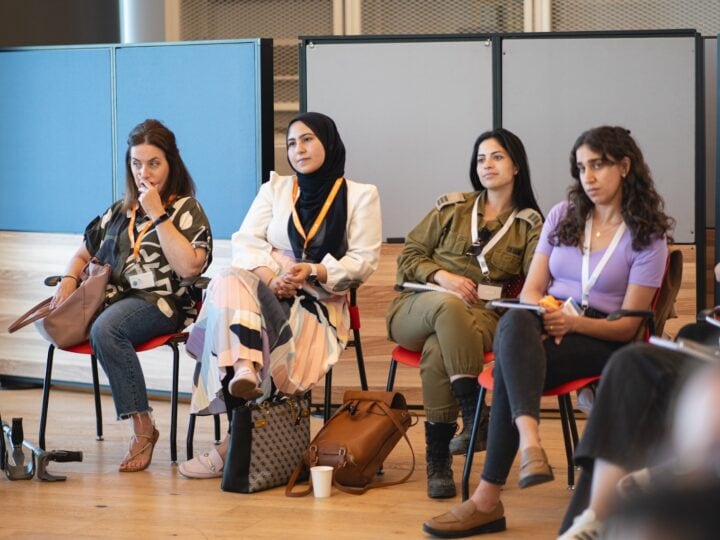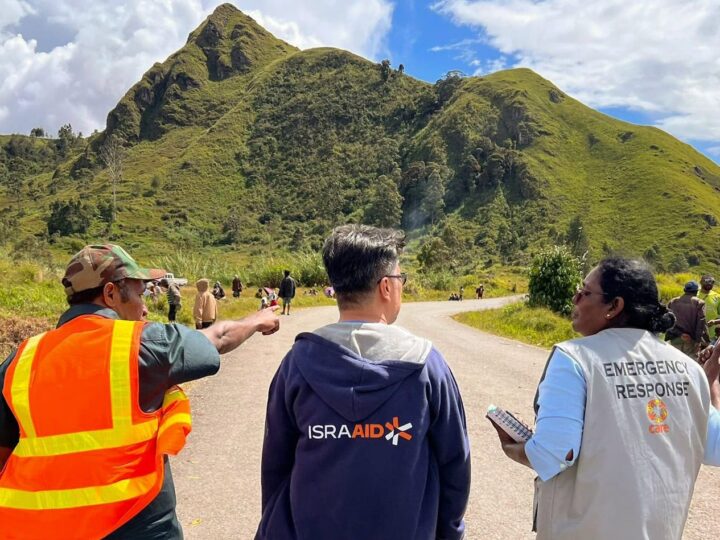When 130 people were killed and 368 injured in a series of terror attacks in Paris in November 2015, 15 mental-health clinicians trained by Israeli experts visited area hospitals to offer psychotrauma interventions to victims.
These French professionals were among a group of 80 who had been trained by Israel Trauma Coalition (ITC) members following the terror attack on a Paris kosher supermarket the previous January.
And as terror incidents increased in France throughout the past year, ITC and the Jewish Joint Distribution Committee (JDC) stepped up efforts to impart culture-adapted training to French clinicians, first-responders and hospital personnel on resilience, emergency preparedness, stress prevention, drama therapy and bibliotherapy.
Israel’s unfortunate experience and expertise in the psychological effects of terror is helpful to many foreign professionals less used to dealing with such incidents.
ITC members have also responded to emotional fallout of natural and manmade crises in countries including Haiti, Japan, the Philippines, India, Nepal and the United States, always in coordination with local governments and professionals.
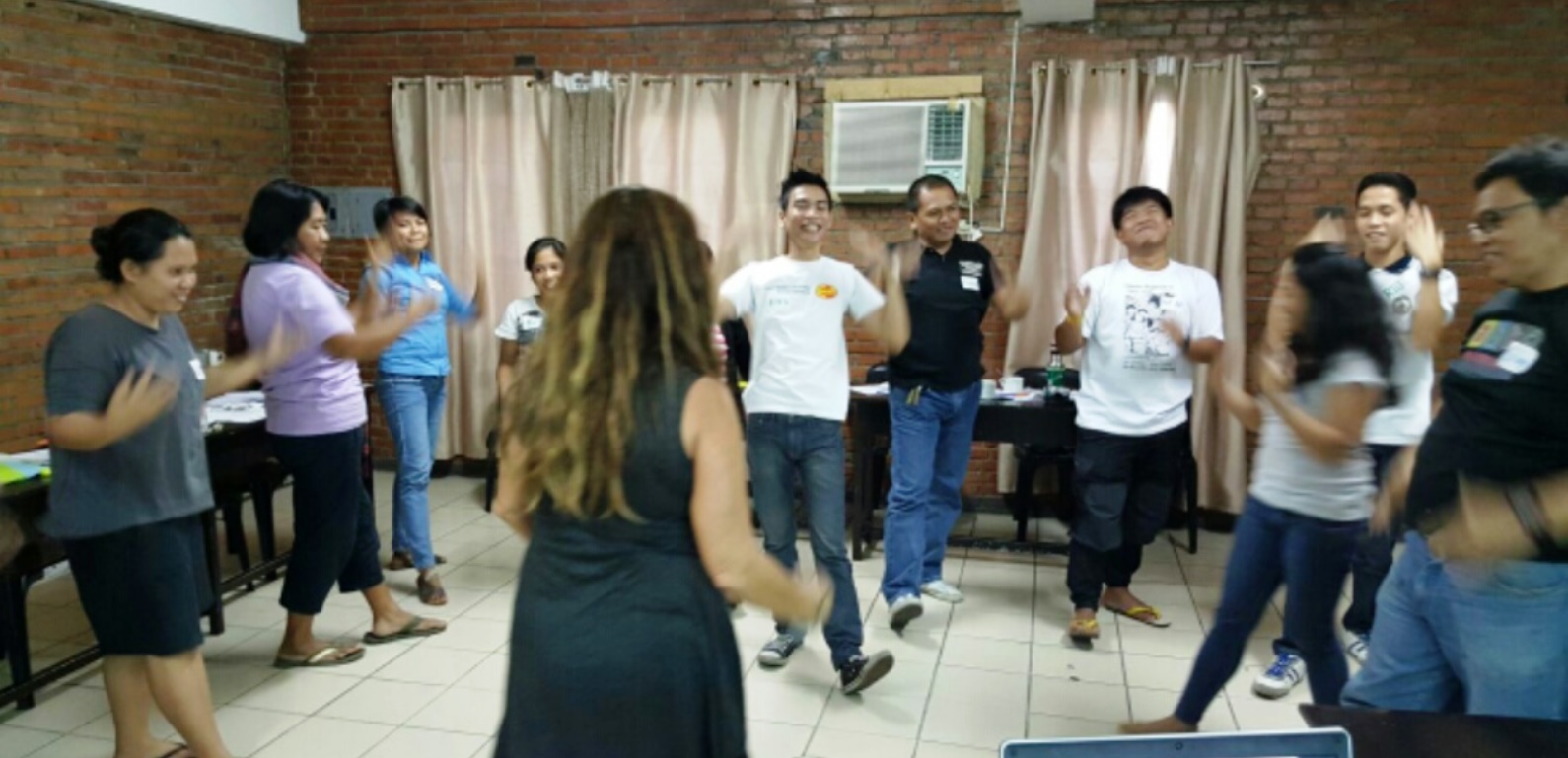
“We do a lot of interventions at disasters all over the world,” says ITC Director Talia Levanon, who most recently headed a delegation to Berlin to train clinicians, caregivers and volunteers working with Syrian refugees.
Sometimes this is a one-off, like the time Levanon took a six-person team to lead workshops for clergy, school and hospital workers after the April 2013 Boston Marathon terror attack. Sometimes the project goes on longer, like in Japan after the 2011 tsunami. ITC members went six times to do training sessions for a total of 1,000 volunteers and professionals.
In 2014 and 2015, ITC member organizations including the Community Stress Prevention Center, Selah Crisis Management Center, Eran Center for Emotional First Aid, Natal Trauma Center for Victims of Terror and War and Amcha mental-health services for Holocaust survivors sent seven missions to Ukraine to train local professionals and volunteers in post-trauma and resilience training for citizens under extreme stress from civil unrest.
Learning to deal with trauma
Israeli NGO IsraAID also offers psychosocial training in many areas suffering disaster and conflict.
In 2016 alone, IsraAID sent volunteers to work with traumatized migrants in northern France, with residents of Fiji following a devastating cyclone, with Taiwan earthquake victims and with wildfire victims in Fort McMurray, Canada.
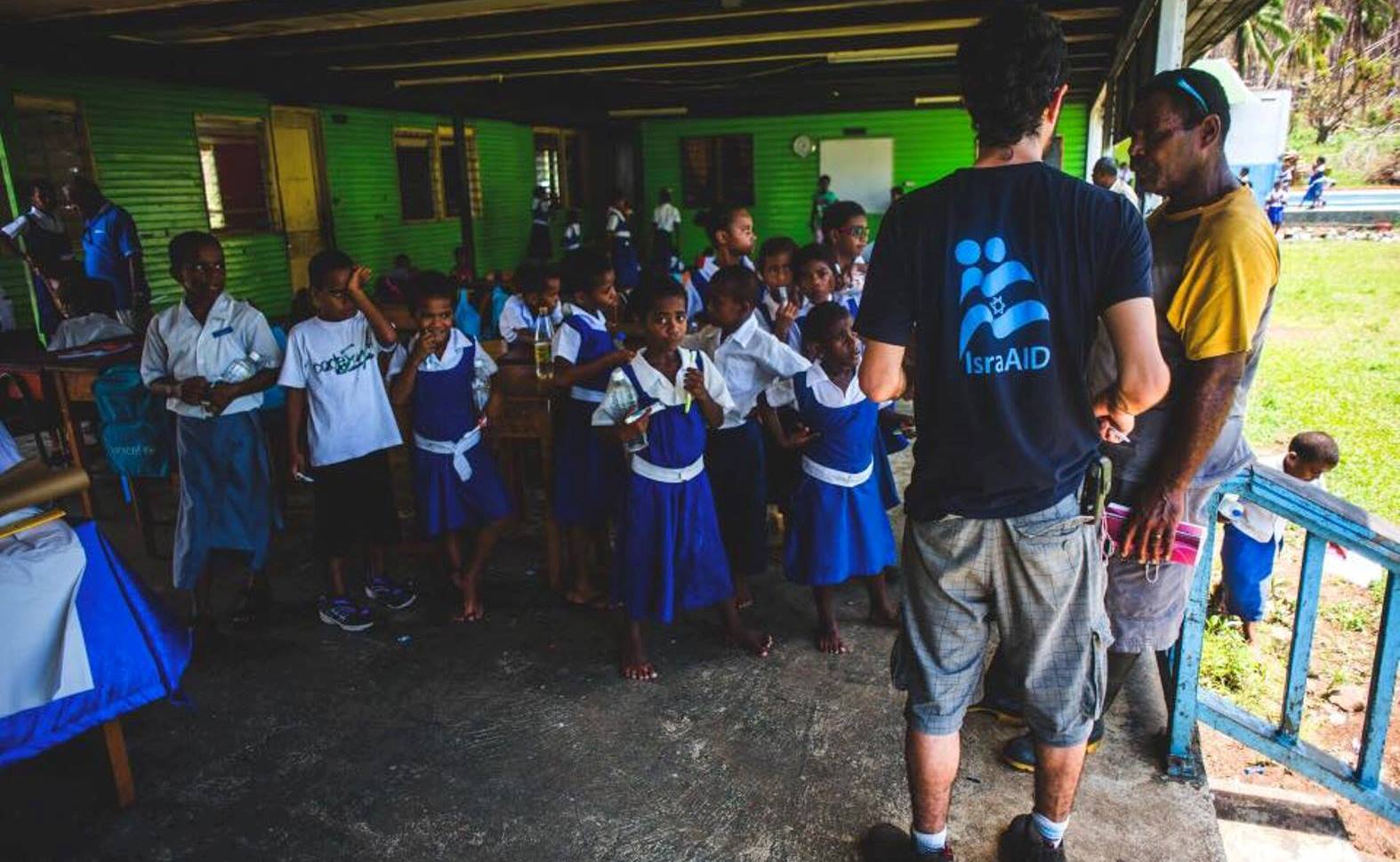
IsraAID Director Shachar Zahavi told ISRAEL21c that his organization commits to long-term initiatives to support people affected by disaster and help local government agencies prepare for future crises.
Five years after the deadly tsunami in Japan, IsraAID is still helping the Japanese government and NGOs build a mental-health support system for the community there. And two of its volunteers remain in Haiti assisting citizens in getting over the trauma of the 7.0-magnitude earthquake that devastated the impoverished island country in January 2010.
IsraAID was among several Israeli teams on the scene in Nepal in the wake of the April 2015 earthquake, and is still providing trauma care there.
Additional Israeli trauma and resilience-building experts were sent to Nepal after the quake by the Israel Center for the Treatment of Psychotrauma at Jerusalem’s Herzog Hospital, at the request of Israeli NGO Tevel b’Tzedek. They had previously led post-trauma training in Haiti and New Orleans.
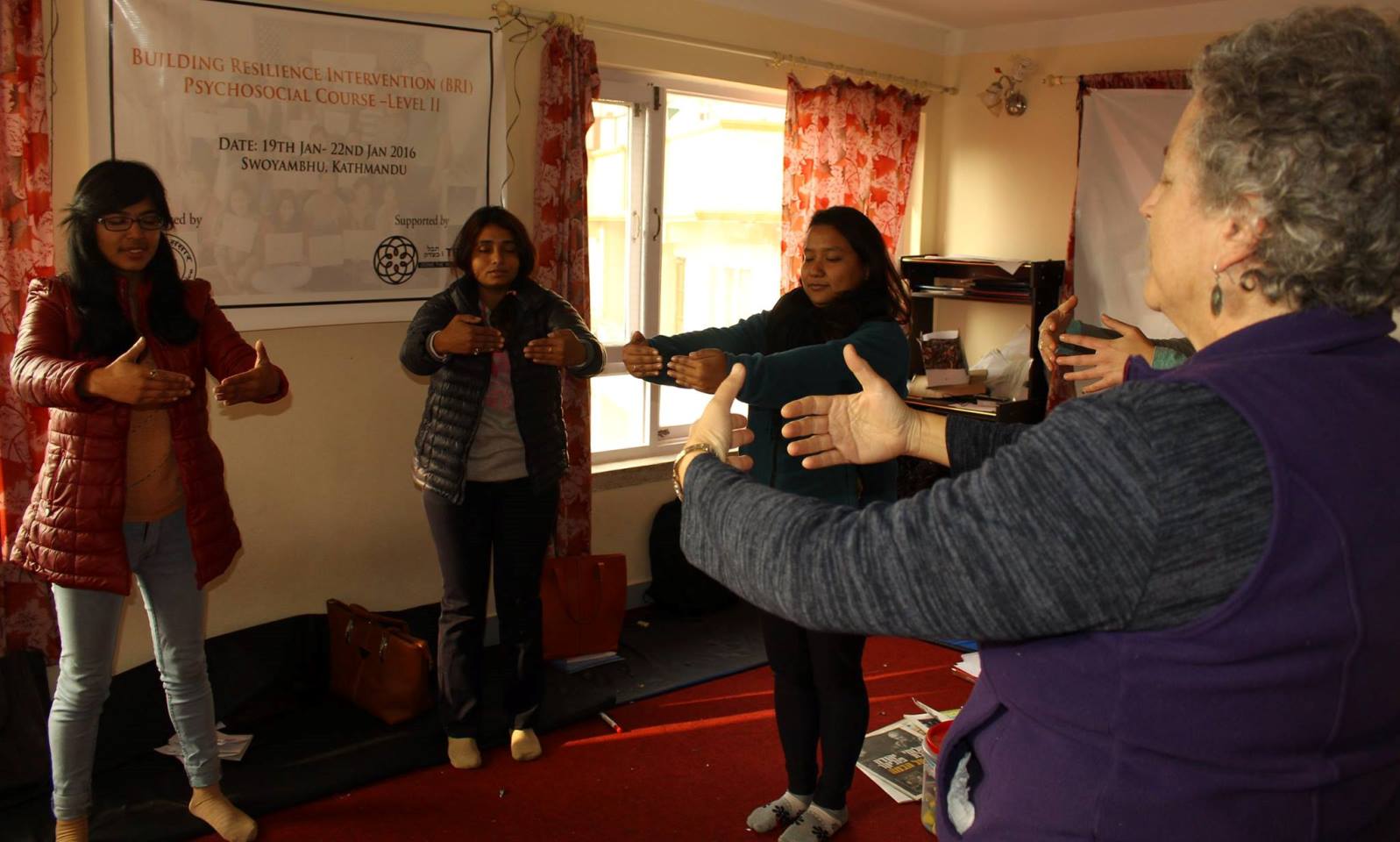
Natan-International Humanitarian Aid, based in Tel Aviv, has provided trauma and post-trauma care to Middle East refugees in Serbia, Syrian refugees in Jordan, and victims of natural disasters and war in Nepal, the Philippines, Haiti, Georgia, India and Sri Lanka.
Israel’s trauma experts don’t always have to travel abroad to teach their methods for handling physical and psychological trauma.
United Hatzalah, a private nonprofit community-based network of voluntary first-responders across Israel, recently started a unit of psychotrauma volunteers and teachers, the first unit of its kind in the world to be fully integrated within an emergency response organization.
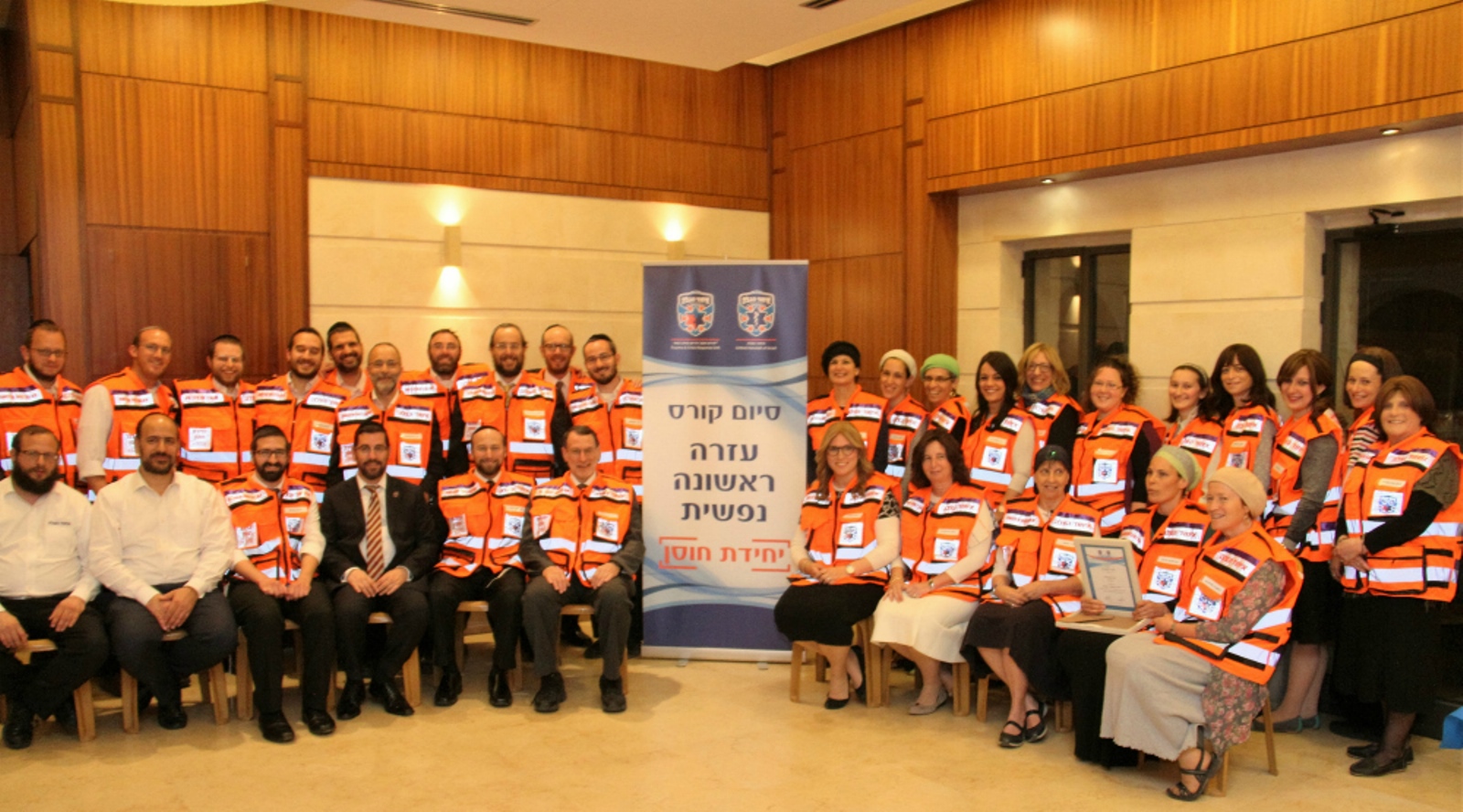
Members of the squad come along whenever United Hatzalah responds to a terror attack, sudden death, child’s death, severe car accident, severe injuries, natural disaster, suicide and wartime trauma.
“In order to assure that people are not only saved but have a normal life after the traumatic event that they experienced, we need to make sure that they receive not only medical treatment but psychological treatment,” United Hatzalah Founder Eli Beer told ISRAEL21c.
And for many years, Israel’s Ministry of Foreign Affairs has been sponsoring annual two-week trauma training at Rambam Health Care Campus in Haifa for healthcare providers from 60 countries including Belarus, Brazil, Chile, China, Colombia, Costa Rica, Georgia, India, Indonesia, Kenya, Mozambique, Nepal, Peru, the Philippines, Russia, Thailand, Uruguay, Uzbekistan and Vietnam.
If you are interested in finding out more about Israeli humanitarian aid overseas, please visit our aid exhibition, My Name is Israel.




